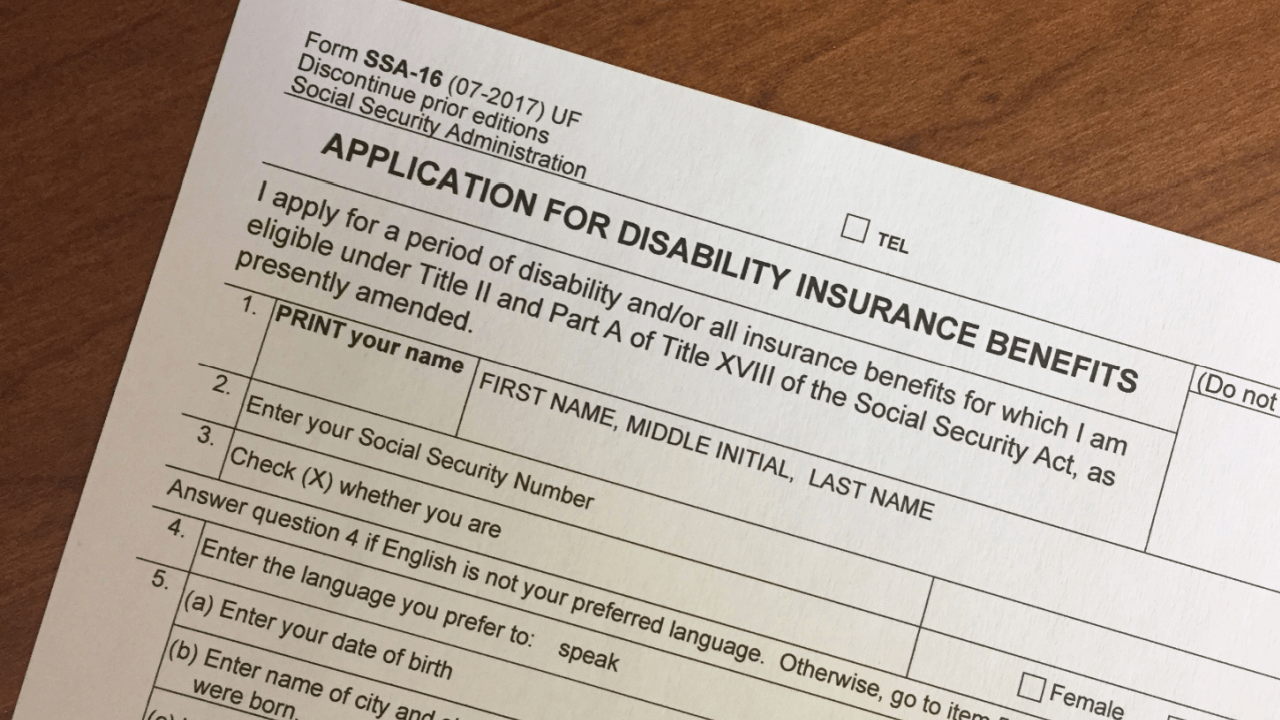
What to Say and Not to Say at a Disability Doctor Appointment: Tips to Support Your Claim
Quick Answer: What to Say and Not to Say at a Disability Doctor
If you’re applying for Social Security Disability Insurance (SSDI), you may be scheduled for a consultative exam with a doctor selected by the Social Security Administration (SSA). This isn’t a typical medical visit—it’s a functional evaluation, not a treatment session.
What you say (and don’t say) during this appointment matters. The examining doctor’s report plays a major role in whether your disability claim is approved or denied.
In this article, we’ll break down how to communicate effectively during your exam, what to emphasize, and what to avoid so you can protect and strengthen your SSDI application.
Communication Tips: How to Talk During a Disability Exam
The goal during your disability exam is to provide an honest, accurate, and clear description of your limitations.
Here’s how to communicate effectively:
Be Honest About Your Symptoms and Limitations
Describe your symptoms factually. If pain prevents you from standing, walking, or lifting, say so clearly. Use real-world examples, like “I can walk only 50 feet before needing to sit.”
Focus on Functional Limitations
SSA cares about how your condition limits your ability to work. Discuss things like:
- Difficulty sitting, standing, or walking
- Trouble focusing or completing tasks
- Challenges dealing with stress or social situations
Give Consistent Information
Make sure your statements during the exam match what you reported on your SSDI application and medical records. Inconsistencies can harm your credibility.
Common Errors: What to Avoid at Disability Exams
Missteps during a consultative exam can hurt your claim—even unintentionally. Here’s what NOT to do:
Don’t Minimize Your Symptoms
Many people try to appear “tough” by downplaying pain or difficulties. Unfortunately, SSA may interpret this as evidence that you’re not truly disabled.
Tip: Describe your typical day honestly, even if it feels uncomfortable to admit struggles.
Don’t Exaggerate Symptoms
Exaggerating limitations can backfire badly. Disability doctors are trained to notice inconsistencies, and exaggerations can cause your claim to be flagged for fraud investigation.
Tip: Stick to honest, specific descriptions supported by your medical history.
Don’t Volunteer Unnecessary Information
Answer the doctor’s questions directly but avoid offering extra information that might confuse or complicate your case.
Tip: Stay focused on answering what is asked, without adding unrelated comments.
Don’t Hide Good Days, But Emphasize Overall Impact
It’s okay to admit you have good days, but make it clear how often your symptoms limit you from maintaining consistent, full-time work.
Tip: Explain the pattern of your symptoms—such as frequent flare-ups that prevent regular attendance or productivity.
What to Say and Not to Say at a Disability Doctor? Final Thoughts
So, what to say and not to say at a disability doctor? Be clear, honest, and focused on how your disability limits your ability to perform everyday activities and maintain full-time work. Avoid minimizing or exaggerating your condition, and keep your answers consistent with your SSA forms and medical records.
The consultative exam is your opportunity to demonstrate the real-world impact of your disability—use it wisely.
Get Legal Guidance to Prepare for Your Disability Exam
Preparing for your disability exam can be an important part of presenting your information clearly during the evaluation. Social Security Disability, powered by Legal Brand Marketing, connects individuals with disability lawyers who can help you prepare for consultative exams, review medical documentation, and discuss how your information may be presented during the process.
Don’t risk costly mistakes. Contact us today and get matched with a disability lawyer ready to support your SSDI journey.
Frequently Asked Questions (FAQs)
1. Should I be completely honest at my disability exam?
Yes. Full honesty is critical. Understating or overstating your symptoms can harm your claim.
2. What if I have a good day during my exam?
Explain that your symptoms fluctuate and describe how bad days impact your ability to work consistently.
3. Can I bring someone with me to the exam?
Sometimes. Check with SSA guidelines, but having a family member or caregiver present (even just in the waiting area) can sometimes be helpful.
4. What happens if the disability doctor disagrees with my treating physician?
SSA considers all evidence, but strong treating physician records typically carry more weight than a single consultative exam.
5. Will the disability doctor treat me or give medical advice?
No. The disability exam is for evaluation only, not for diagnosis or treatment planning.
Key Takeaways
- Focus on describing real-world functional limitations caused by your condition.
- Be honest—avoid minimizing or exaggerating symptoms.
- Stay consistent with your prior statements and medical records.
- Only answer what is asked—don’t volunteer unnecessary information.
- Social Security Disability, powered by Legal Brand Marketing, connects you with disability lawyers who help you prepare for crucial SSDI exams.


